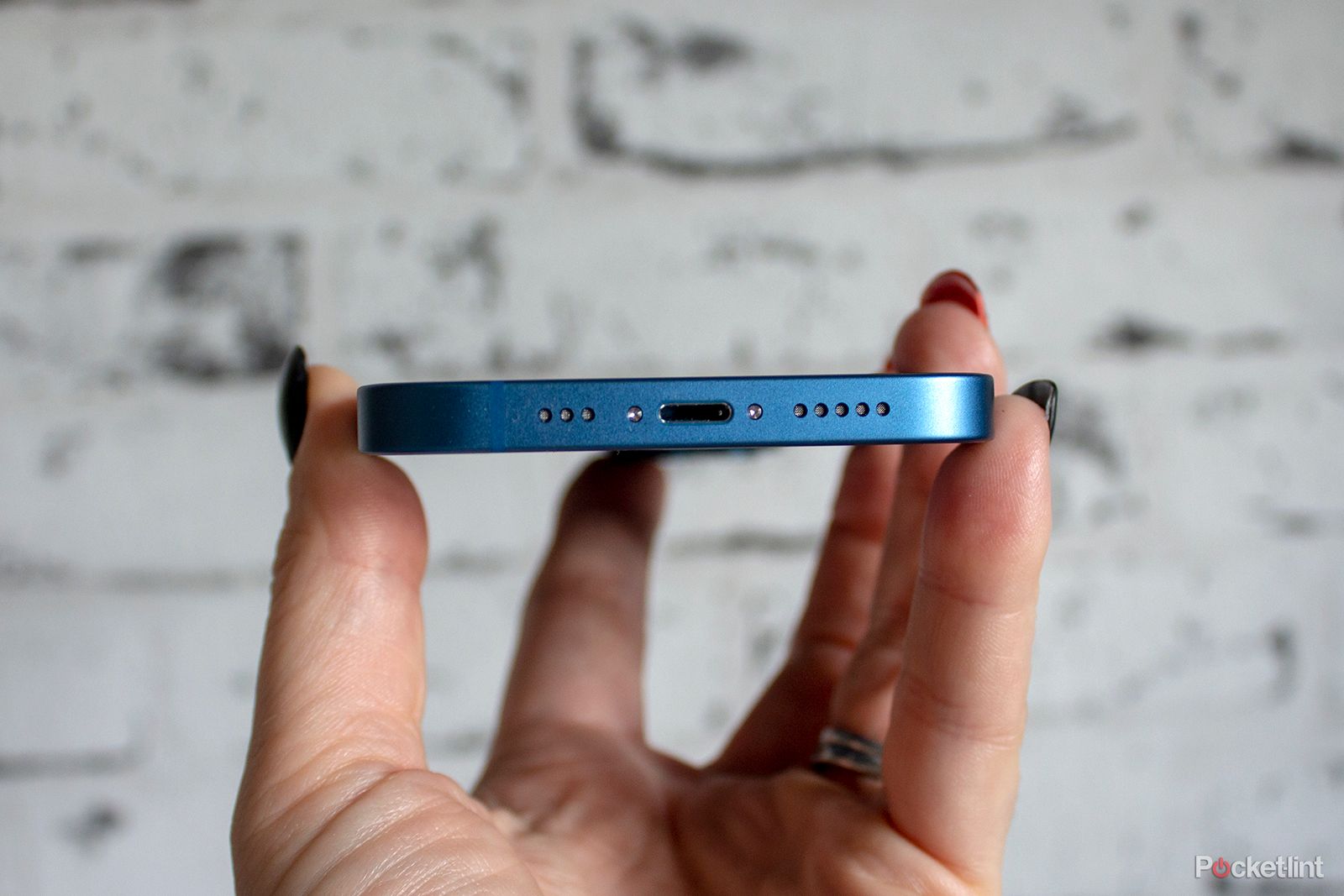Apple is very much expected to ditch Lightning in favour of USB-C when the iPhone 15 lineup goes on sale later in 2023, but a new report suggests that there could be a catch.With Apple finally moving away from the slow (480Mbps) Lightning connector that iPhones have been using for a decade, there had been hopes that we would see a file transfer speed increase thanks to USB-C. And while that still might be the case, it now seems that Apple will limit that particular benefit to its own cables as well as those it blesses.Apple is already rumoured to have plans to continue its Made for iPhone (MFi) program when it moves to USB-C this year. Now, Twitter leaker ShrimpApplePro believes that the same program will be used to limit transfer speeds.The leaker had already confirmed that they expect Apple to continue the MFi program when they were asked what that would mean for non-MFi-certified cables. The answer means that we might have to buy Apple's own cables, or those certified by it, to get the best out of the iPhone 15's USB-C port.
The MFi program sees companies pay to license an authentication chip that they then install into cables, charging docks, and other accessories. Non-MFi-certified accessories often work for the most part, while others cause the iPhone to display an error that says the accessory is not supported.
Now it appears that Apple could limit the speed at which cables charge, and how fast they transfer data if they don't have its authentication chip inside.
If that is indeed the case, things could get interesting. The move to USB-C comes after the EU told Apple and other phone makers that they must use a common charging cable. While Apple may follow the rules in terms of ditching Lightning, it remains to be seen how EU lawmakers view this move given the fact it will still limit how people charge and transfer data.

